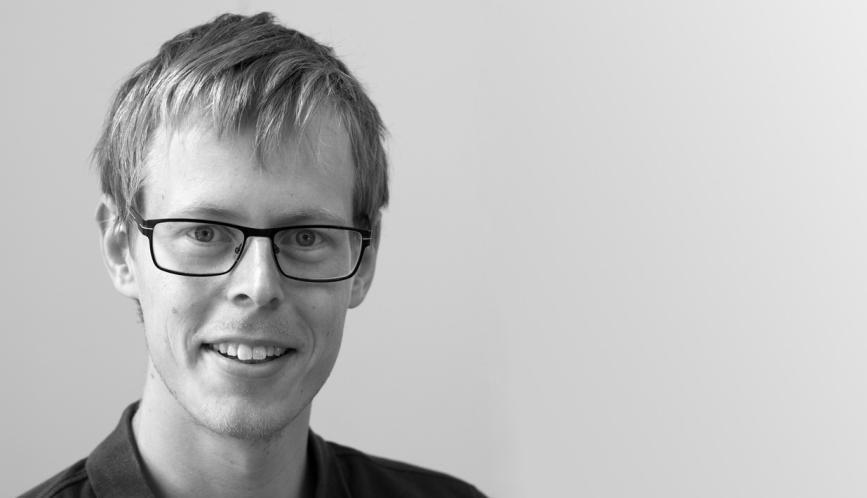MIP network member Rasmus Landersø is a Senior Researcher at the Rockwool Foundation Research Unit. His research areas include social mobility, the role of cognitive and noncognitive skills, education, and the origins of criminal behavior over the life-course. He received his Ph.D. in Economics from Aarhus University in 2015.
Describe your area of study and how it relates to current policy discussions surrounding inequality.
My research focuses on the determinants of equality of opportunity and how this shapes social mobility and inequality in human capital accumulation and educational attainment.
From an academic perspective, it is important to make an analytical distinction between inequality and equality of opportunity. Inequality, when viewed in isolation, is often related to fairness, which is subjective and a political question (which differs from liberal to conservatives and from Scandinavia to the U.S.), while equality of opportunity is a goal that most people agree on, as it relates to economic inefficiency and the general democratic problem that individuals do not have equal access to the possibilities that life offers. The absence of equality of opportunity may both be a source of inequality and be a result of inequality.
I believe that studying inequality in the latter context is the area where scholars can and should provide policy makers with the insights to understand the full consequences of current and potential policies, and ultimately equip the public with the tools needed to achieve their objectives. Doing so is the ambition with my research. And as a result of the increasing attention towards Scandinavian welfare states, studying social mobility and human capital accumulation in Denmark (I am a native Dane and live in Denmark) and how this differs from the U.S., provides further important insights in relation to current policy discussions on inequality.
What areas in the study of inequality are most in need of new research?
I view the concept of equality of opportunity as consisting of three underlying dimensions: 1) opportunities to develop skills/capabilities, 2) motivation/incentives to acquire skills, and 3) formal opportunities as e.g. the absence of credit constraints. It is important to establish how inequality in the different dimensions may be minimized most effectively, and thereby promote actual equality of opportunity. In doing so, it is furthermore central to establish when these three ‘constraints’ are binding, and whether equality in one dimension will promote or restrict actual equality of opportunity in the presence of inequality in the remaining dimensions. In the Danish case, what is the result of free tuition to colleges and universities, if it is only youths from high resource families who have acquired the skills to make use of this? Answering these questions also begs a deeper understanding of how family influences/social interactions shape an individual’s life from childhood to adulthood. And importantly, what resources do low-resource families need to break the vicious cycle of social immobility?
What advice do you have for emerging scholars in your field?
Being a junior scholar myself, I believe that the advice of more experienced scholars should receive high regard. That being said, my main advice is to be curious and open minded. Use curiosity on ‘how the world works’ to acquire new knowledge, not only within a narrow field of interest (or even within a limited field of study as Economics or Sociology), but as widely as possible. And be open minded to questions and research that challenges your (and conventional) thinking.



